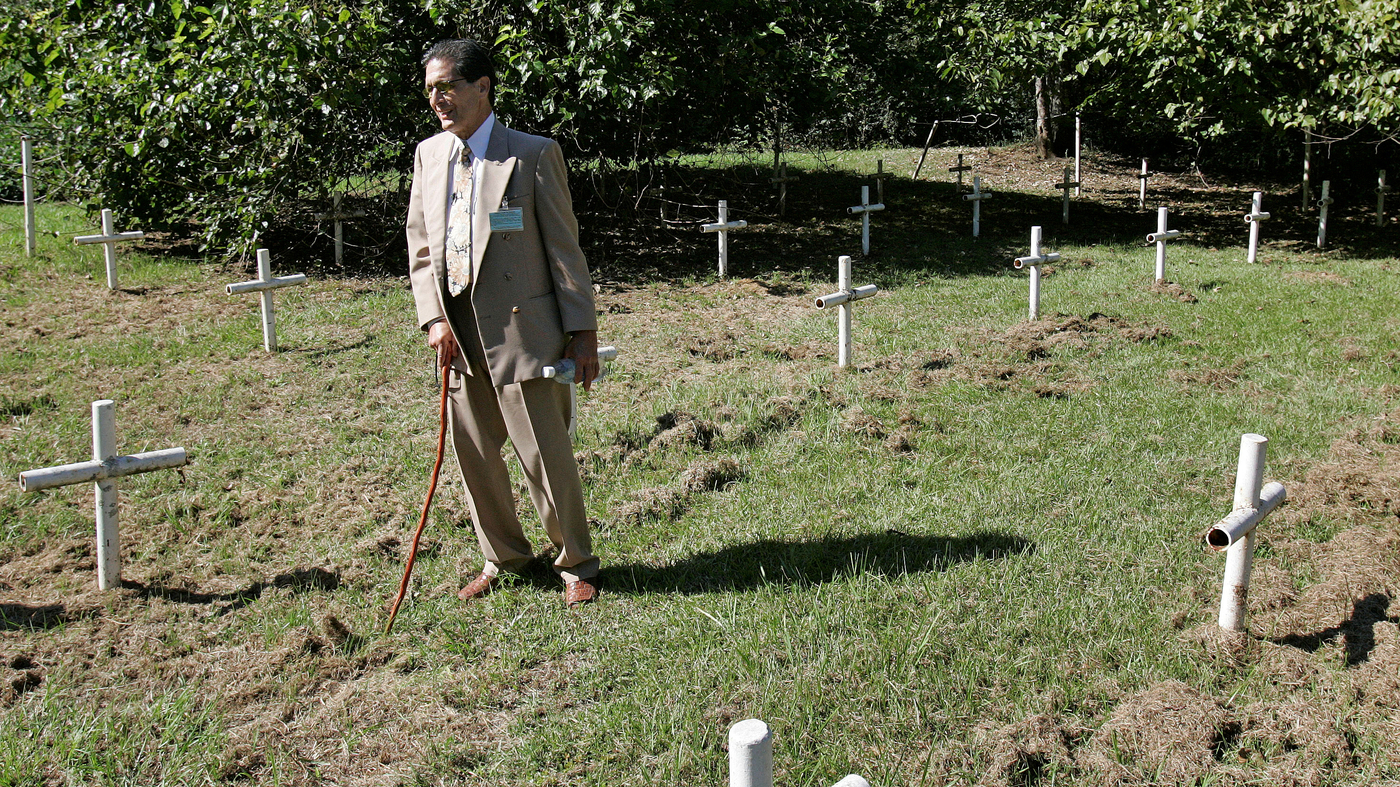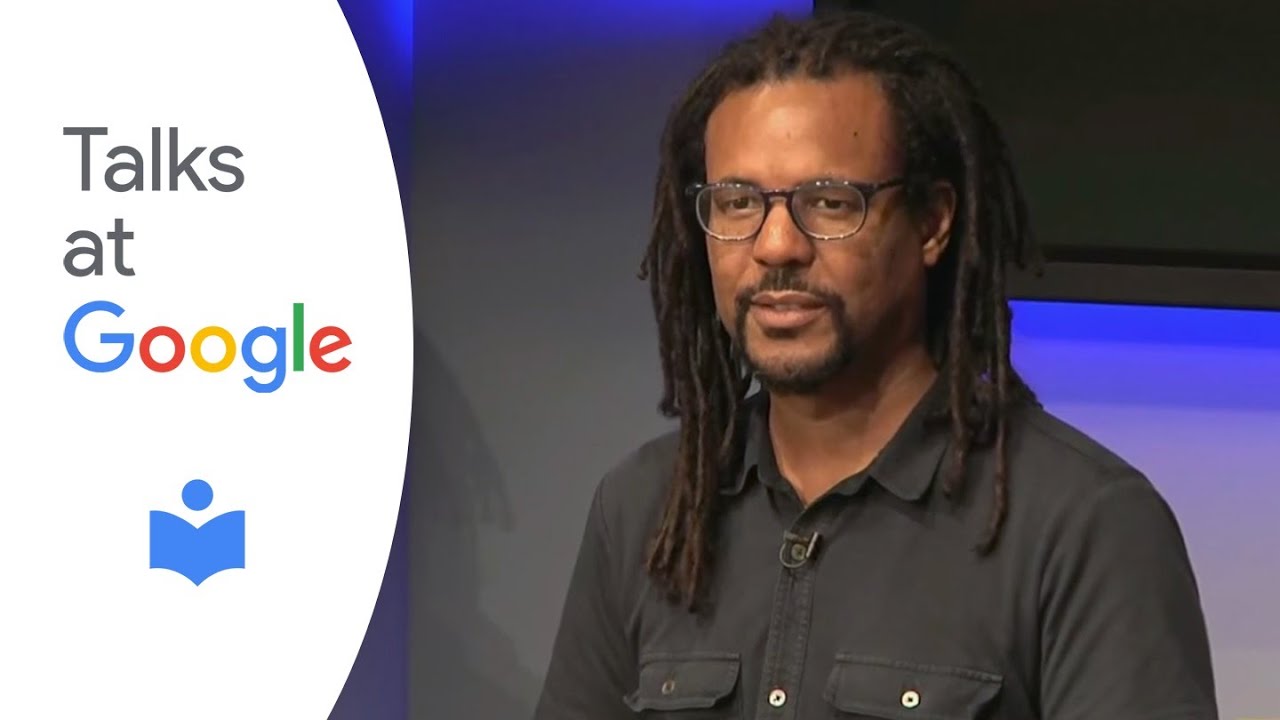oleada
Well-Known Member
- Messages
- 43,444
I got The Priory of the Orange Tree on prime day. It’s good so far but it’s taken me a bit to get everything - who is from where and what each land believes in.
Follow along with the video below to see how to install our site as a web app on your home screen.
Note: This feature may not be available in some browsers.
 .
.
Thanks to you, I'm having my radiation biology class do presentations at a seminar this semester. One group has to present the tourist industry POV and one group the radiation biology POV. I will tell them you said you're welcome for the exciting opportunity to do research and present the data to all the other imaging students and faculty. Maybe, I'll suggest they want to read these books. I know they'll send a big thank you for the opportunity.After I read the second book in the Karin Muller series (she is an East Berlin detective in the 1970s), where she gave birth to twins, I was worried it was going to ruin the series. But I just read the third installment (only out in the UK) and the author doesn't let the kids ruin the story. She has some angst about leaving them with their grandmother during the day, but I figure that's normal. So I started the fourth book (Stasi 77) and the kids are even less present.
I also finally made it through Midnight in Chernobyl. If you are interested, I'd go with Chernobyl, by Sergei Plokhy. It's a much more engaging read.

Hey Prancer - I read Sammy's cookbook Are We Having Fun Yet? and had the same takeaways. It's got recipes and a lot more about his tequila business and restaurants, but there's also quite a bit of (entertaining) text about his life in general. Interesting guy.
My husband is the big music reader in the family - have you read Robbie Robertson's Testimony?
 .
.Apparently Debbie Harry has a tell-all coming out that promises to be
May I ask a grammar question here?
I'm just reading Atwood's A HANDMAID'S TALE and stumbled over these two sentences:
I've been watching him for some time and he's given no evidence, of softness.
Is there no end to his disguises, of benevolence?
I don't understand the commas. Are they necessary and can you name the rule, please?
BTW what do you think about her style? (Not the story.) Do you appreciate it? Could you imagine that a non-native speaker could write a text like this one? Or does it take the sensitivity of a native speaker?
Then it is a tool that she uses. This is interesting. I love these details.I don't think the comma needed in the second example, either, but don't think it's wrong. It asks the reader to pause
I've always thought that Sammy Hagar was such a tool. But this has me (slightly) intrigued. Good for him for having other talents, though.Red by Sammy Hagar--not my kind of music, but the book was there, so I read it. I figured it would be all sex, drugs and rock-n-roll, which it surely was during the Van Halen years. There are things I would rather not know about people and they mostly came up in those chapters. But I was surprised to learn that he is a really good businessman--so good that music is just a hobby for him and he's a multimillionaire from things having nothing to do with music. Who knew?
Oh man, I don't know whether toApparently Debbie Harry has a tell-all coming out that promises to be
 or
or  at that. She has been my idol since I was 9 and heard Parallel Lines at my friend's house (her parents were MUCH hipper than mine!!!). Kim Gordon's autobiography was beyond disappointing and really changed the way I think of her. In a bad way.
at that. She has been my idol since I was 9 and heard Parallel Lines at my friend's house (her parents were MUCH hipper than mine!!!). Kim Gordon's autobiography was beyond disappointing and really changed the way I think of her. In a bad way.I'm not sure about the first example, but the comma in the second example is correct as I read the sentence. Commas are used to separate elements in a sequence (red, white, and blue; yesterday, today, and tomorrow) and Atwood has a sequence, albeit of only 2 items: disguises and benevolence.
May I ask a grammar question here?
I'm just reading Atwood's A HANDMAID'S TALE and stumbled over these two sentences:
I've been watching him for some time and he's given no evidence, of softness.
Is there no end to his disguises, of benevolence?
I don't understand the commas. Are they necessary and can you name the rule, please?
I've always thought that Sammy Hagar was such a tool. But this has me (slightly) intrigued. Good for him for having other talents, though.
Oh man, I don't know whether to Kim Gordon's autobiography was beyond disappointing and really changed the way I think of her. In a bad way.
I thought her book was really interesting, but I was definitely not a Sonic Youth fan and had only the vaguest idea of who she was before I read the book. She said something about artists in that book that really changed the way I look at artistic people.
What was it?
I'm not sure about the first example, but the comma in the second example is correct as I read the sentence. Commas are used to separate elements in a sequence (red, white, and blue; yesterday, today, and tomorrow) and Atwood has a sequence, albeit of only 2 items: disguises and benevolence.
"Disguises and benevolence" would be a series. (But even then it wouldn't need a comma.)
ETA: Nope, I'm wrong. Just looked it up. It takes three to make a series, so it wouldn't be one even with "and."

Have just started the first book and had the exact same thought - shame about the quality of the English translation. I’m still looking forward to the rest.I have read the all four. Some in English translation, some in the Finnish one.
I am not a native English speaker, but I considered the translation a bit lacking. The structure of the original language (Italian) showed too much. The Finnish translation was much more fluent.
Loved the books! It was a long and great story and I miss Lila and Lenu.
I have read the all four. Some in English translation, some in the Finnish one.
I am not a native English speaker, but I considered the translation a bit lacking. The structure of the original language (Italian) showed too much. The Finnish translation was much more fluent.
Loved the books! It was a long and great story and I miss Lila and Lenu.
I couldn't put them down.Have just started the first book and had the exact same thought - shame about the quality of the English translation. I’m still looking forward to the rest.
I read The Lady in the Lake by Laura Lippman and it's one of the most interesting I've read by her.



